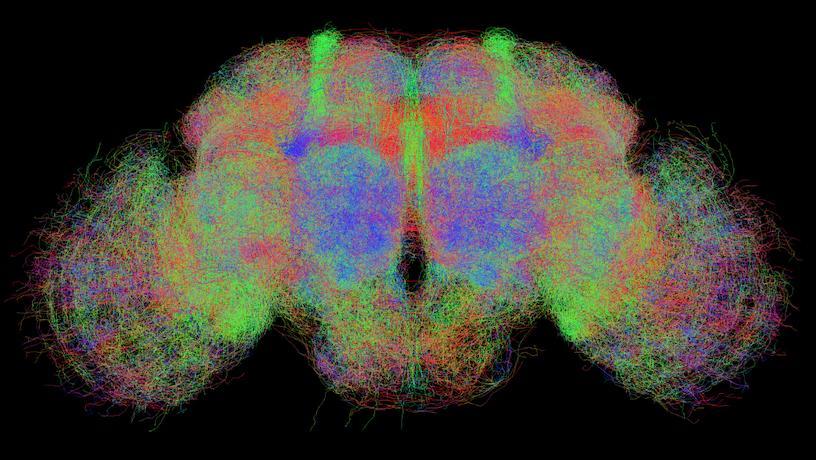Spot News Roundup
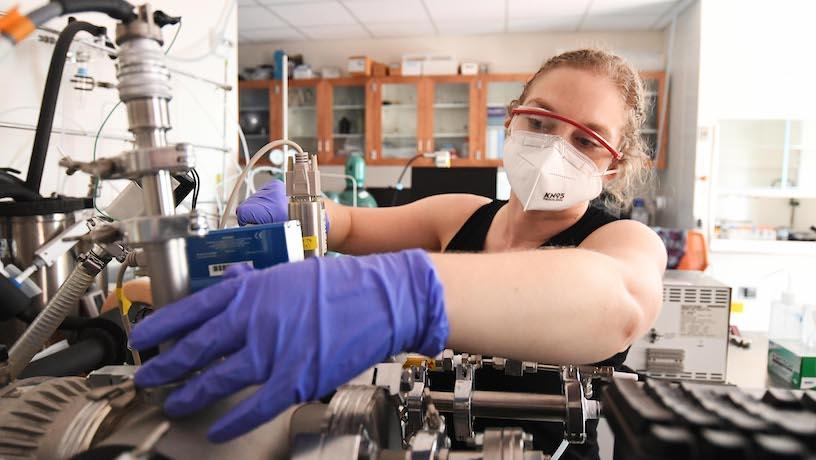
Countering Coronavirus
Leveraging cross-disciplinary expertise, the Columbia Engineering community continues to address urgent needs and rapidly deploy effective solutions for the COVID-19 pandemic, from supporting hometown frontline workers to research with global implications. Read more about our extensive efforts, spearheaded by faculty, alumni and students.
The Magic Touch
Endowing robots with a sense of touch is tricky – standard tactile sensors are clumsy and have trouble covering multicurved surfaces. But a new approach from a team led by Matei Ciocarlie, associate professor of mechanical engineering and computer science, and Ioannis (John) Kymissis, professor of electrical engineering, uses overlapping signals from light emitters and receivers embedded in a transparent waveguide layer on a robotic finger capable of localizing touch with precision on complex 3D surfaces. Their fully-integrated and sensorized result is easily manufacturable and designed for ready integration into dexterous robotic hands.
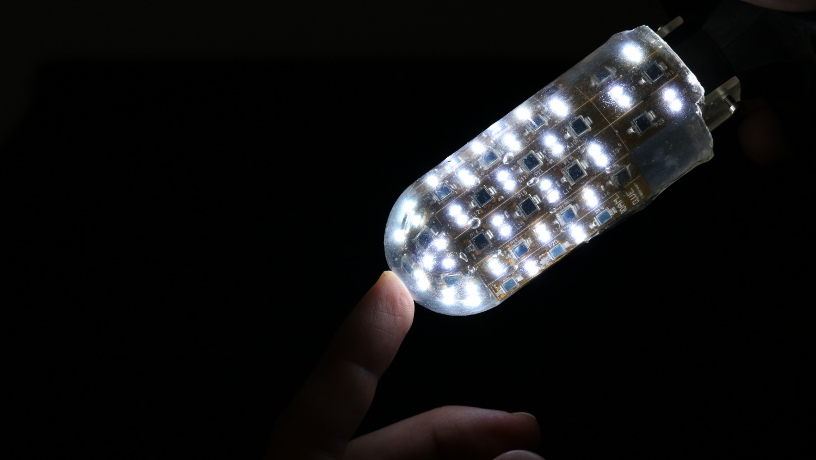
The Mechanics of Memory
A team led by Joshua Jacobs, associate professor of biomedical engineering, found the first evidence that individual neurons in the human brain target specific memories during recall. Working with neurosurgical patients with electrodes implanted in their brains, researchers explored how brain signals corresponded to behavior navigating virtual reality and managed to decode the specific memories patients were targeting based on different neurons’ activity. Jacobs’ team is now looking for evidence that these neurons represent memories in non-spatial contexts to better understand their role in memory function.
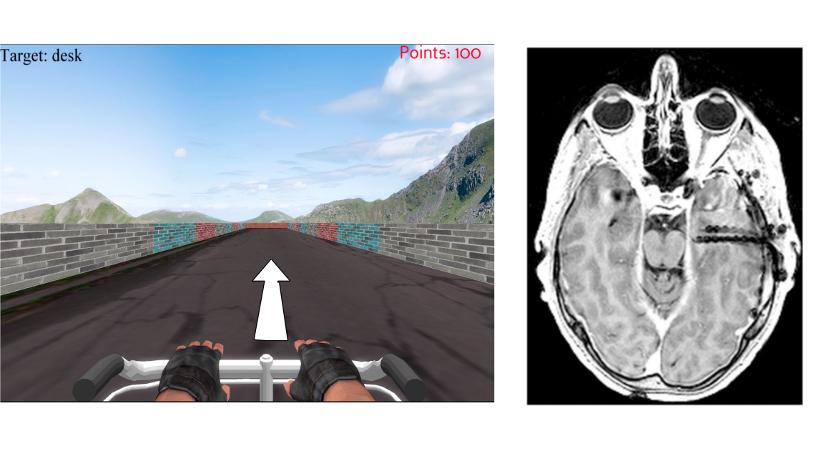
Excellence Esteemed
Our faculty continue to earn an impressive array of recognitions. In recent months, Dean Mary Boyce of mechanical engineering received the 2020 Timoshenko Medal; Christos Papadimitriou of computer science was awarded the Harvey Prize for Science and Technology from Technion – Israel Institute of Technology; Michal Lipson of electrical engineering and applied physics and Mihalis Yannakakis of computer science were elected to the American Academy of Arts & Sciences; Jingguang Chen of chemical engineering received the R.H. Wilhelm Award in Chemical Reaction Engineering, AIChE, named for Columbia Engineering alumnus Richard H. Wilhelm BS’31, PhD’34; Christine Hendon of electrical engineering and Aaron Kyle of biomedical engineering were elected to the American Institute for Medical and Biological Engineering College of Fellows; Tal Malkin of computer science was named a fellow of the International Association for Cryptologic Research; Shree K. Nayar, of computer science received the PAMI Distinguished Researcher Award from IEEE; Jason Nieh and Salvatore J. Stolfo, both of computer science, were named fellows of the Associations for Computing Machinary (ACM); Ethan Katz-Bassett of electrical engineering received a SIGCOMM Rising Star Award from ACM; Michael Burke of mechanical engineering, Sharon Di of civil engineering, Adam Elmachtoub of IEOR, Xiaofan (Fred) Jiang of electrical engineering, Dion Khodagholy of electrical engineering, and Nandan Nerurkar of biomedical engineering each earned NSF CAREER Awards.
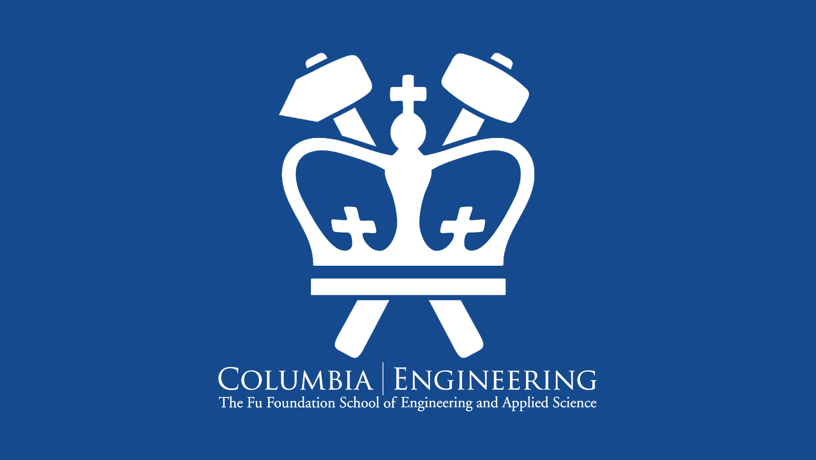
Decoding The Brain
Neuroscience is making rapid progress in better understanding the big picture—brain regions—and also the small picture—molecules, neurons, and synapses. But a huge knowledge gap lies between these scales.
A team led by Christos Papadimitriou, professor of computer science, proposed a new system to expand understanding at this intermediate level. Inspired by computer programming languages, his group developed a computational system, the Assembly Calculus, that encompasses operations on large neuron populations that appear to be involved in processes such as imprinting memories, concepts, and words. Now, the team’s working with experimental neuropsychologists to carry out fMRI experiments with humans to check predictions born of their theory.
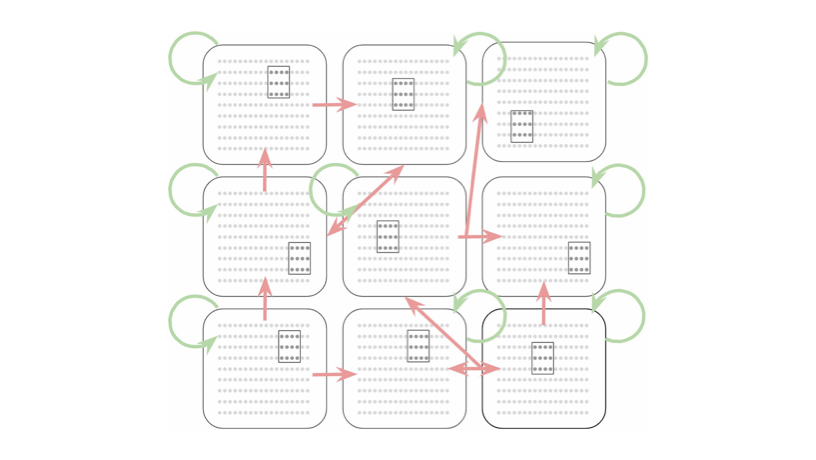
AVs And The Law
The advent of self-driving cars raises complex legal questions: in an accident involving an autonomous vehicle and a human driver, who is liable? If both, then how should the accident loss be divided between them? Sharon Di, assistant professor of civil engineering and engineering mechanics, teamed up with Columbia Law School professor Eric Talley to develop a game-theoretic model describing strategic interactions among drivers, car manufacturers, and policymakers. They propose a joint fault-based liability rule to evolve as autonomous vehicles transform roadways around the world.
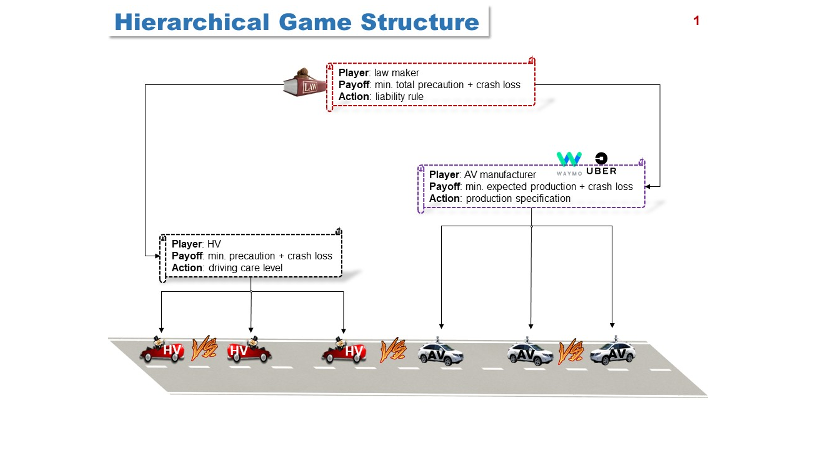
New AI Technology Center
From theoretical foundations and agent-human interactions to devices and robotics, artificial intelligence (AI) is embedded across Columbia Engineering, with more than 70 faculty members directly or indirectly investigating new approaches and systems for next-gen AI technologies and applications. This fall, the School will leverage that expertise in a new center established in partnership with Amazon. This initiative— led by Computer Science and Electrical Engineering Professor Shih-Fu Chang, who also serves as Columbia Engineering’s senior executive vice dean—brings together researchers dedicated to advancing AI with a positive impact, focusing on world class knowledge discovery, talent training, and societal impact.
